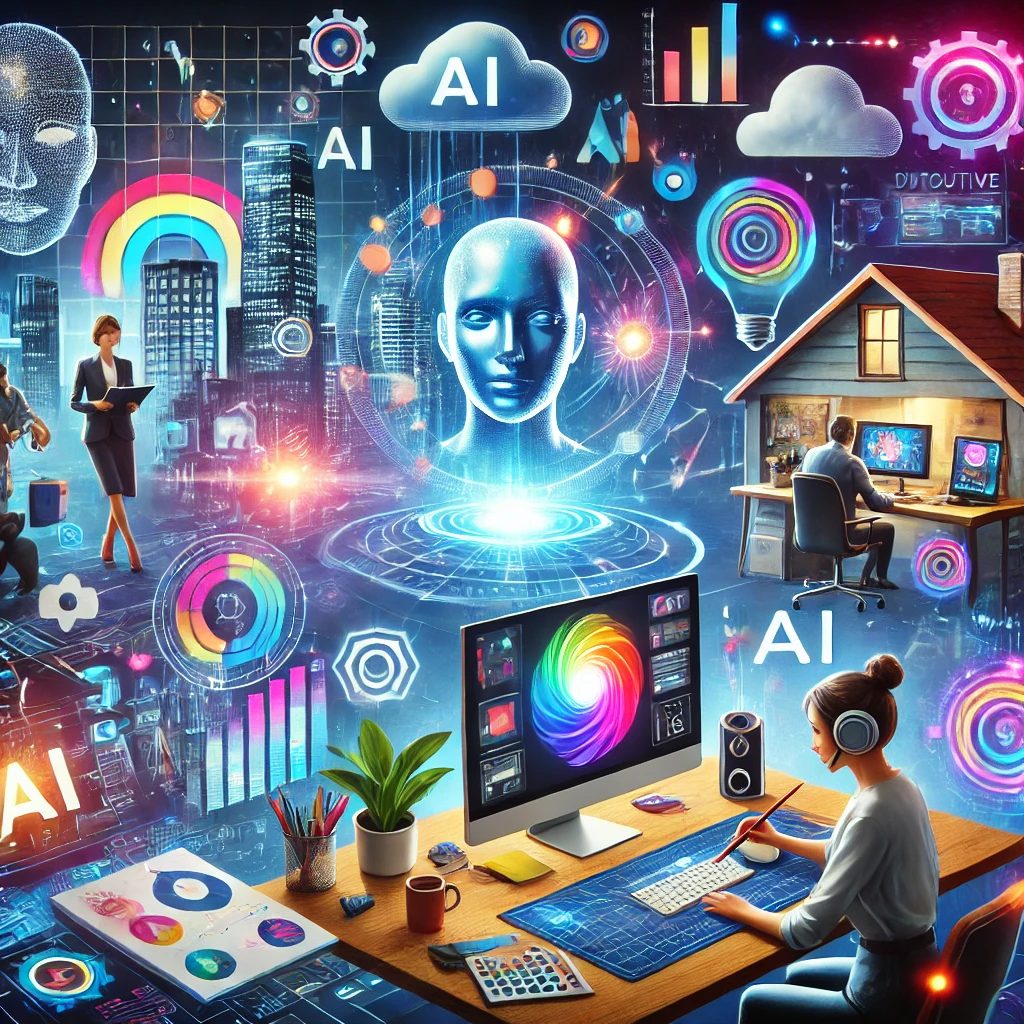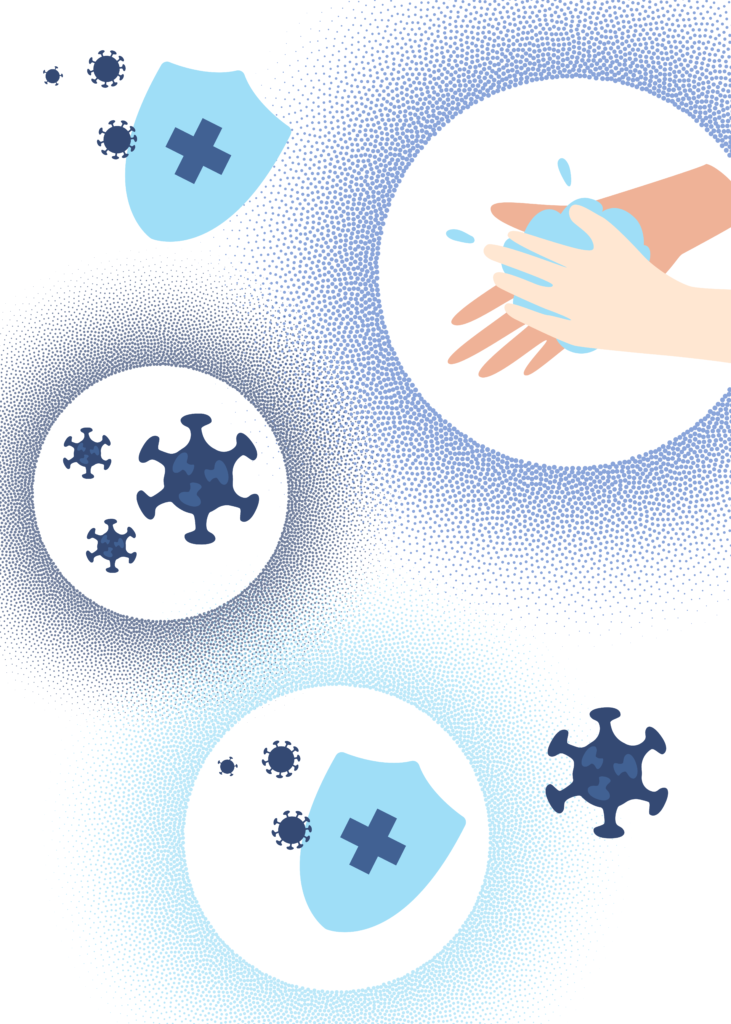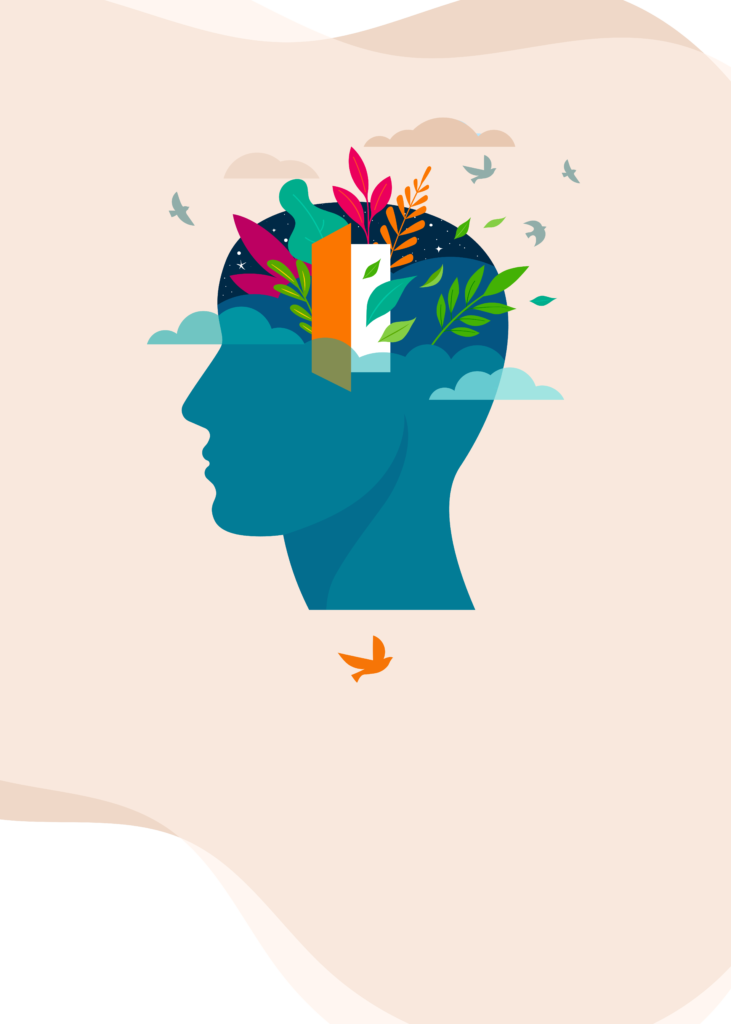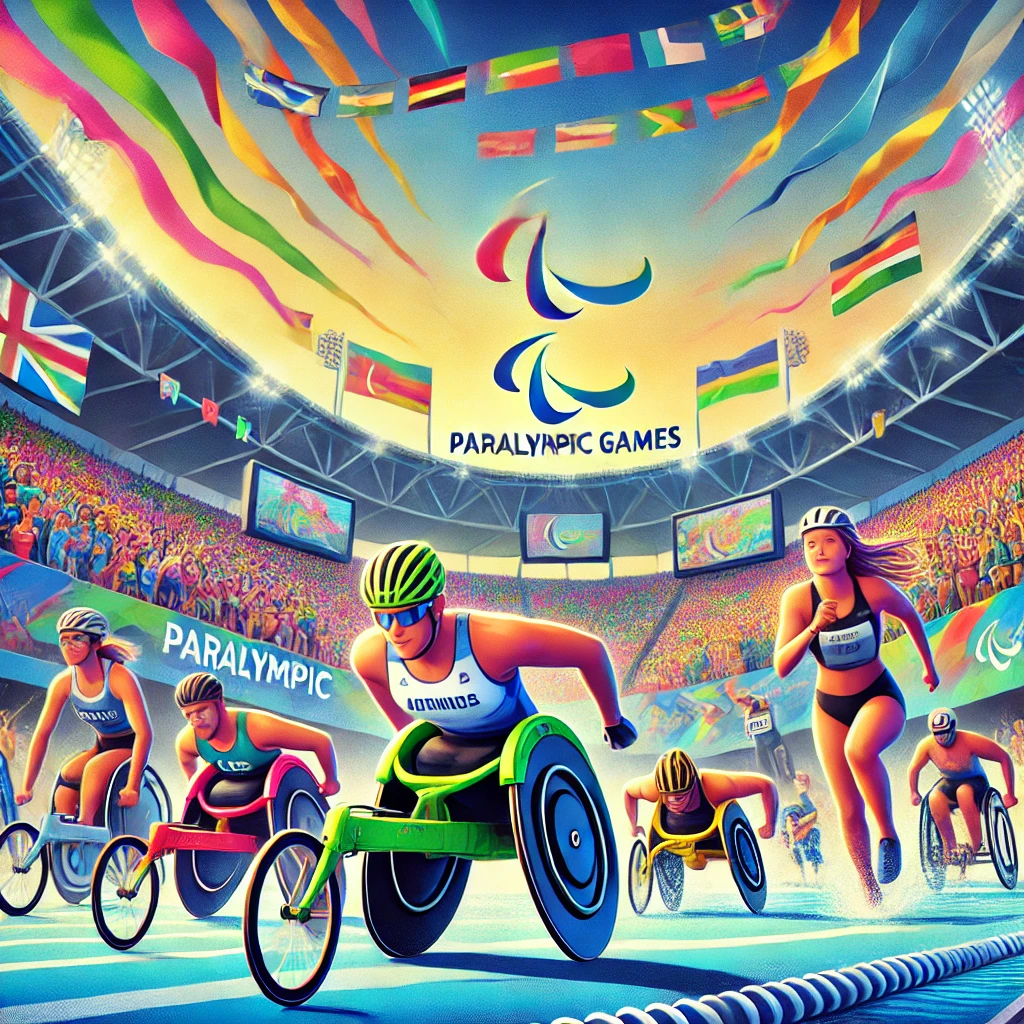
Artificial Intelligence (AI) has become a cornerstone of modern innovation, significantly transforming how people work, communicate, and navigate daily life. From automating mundane tasks to enabling breakthroughs in creativity, AI tools are reshaping productivity in unprecedented ways. This rise of AI in everyday life demonstrates its potential to revolutionize industries and empower individuals.
AI as a Productivity Enabler
One of the most significant contributions of AI to productivity lies in task automation. Repetitive and time-consuming tasks, such as data entry, email filtering, and appointment scheduling, can now be handled by AI-powered tools. For instance, platforms like Google Workspace and Microsoft 365 integrate AI to offer predictive text, smart replies, and automated meeting scheduling. These features free up valuable time, allowing users to focus on more strategic activities.
In the workplace, AI tools such as project management software and analytics platforms streamline workflows by offering insights and recommendations. Tools like Asana or Monday.com integrate AI to prioritize tasks, assign responsibilities, and provide real-time updates, fostering a more organized approach to team collaboration. Similarly, data analytics platforms use AI to process large datasets, identify trends, and generate actionable reports, accelerating decision-making processes.
Redefining Creativity with AI
AI is not just about crunching numbers or managing schedules—it is also unlocking new dimensions in creativity. Content generation tools like ChatGPT and Jasper.ai assist writers, marketers, and content creators by producing high-quality drafts, brainstorming ideas, and even optimizing content for specific audiences. These tools act as creative collaborators, enabling individuals and teams to generate content faster while maintaining quality.
Moreover, AI-powered design tools, such as Canva or Adobe Sensei, simplify the process of creating visually appealing designs. These platforms use AI to suggest layouts, color schemes, and design elements, empowering even non-designers to create professional-looking materials.
In the entertainment industry, AI-generated music, videos, and art are becoming mainstream. AI algorithms analyze user preferences to recommend personalized content, making platforms like Spotify, Netflix, and YouTube indispensable for leisure and inspiration.
AI in Personal Productivity
Beyond workplaces and creative industries, AI is seamlessly integrated into personal lives. Virtual assistants like Amazon’s Alexa, Google Assistant, and Apple’s Siri use natural language processing to perform tasks such as setting reminders, providing weather updates, or controlling smart home devices. These tools enhance convenience, making day-to-day activities more manageable.
AI-powered language learning apps, like Duolingo or Babbel, personalize lesson plans based on user performance, fostering more efficient learning experiences. Health and fitness apps use AI to recommend exercise routines, track progress, and offer dietary advice tailored to individual goals.
Challenges and Considerations
While the advantages of AI are undeniable, its widespread adoption raises important ethical and practical concerns. Issues such as data privacy, job displacement, and algorithmic bias must be addressed to ensure responsible and inclusive use of AI. Developing transparent policies and emphasizing ethical AI practices are essential for fostering trust and maximizing the benefits of this technology.
Conclusion
AI has undeniably become a transformative force in reshaping productivity across various domains. By automating routine tasks, enhancing creativity, and personalizing experiences, AI empowers individuals and organizations to achieve more in less time. As this technology continues to evolve, its role in everyday life will only expand, driving innovation and improving efficiency. However, embracing AI responsibly will be key to ensuring its benefits are realized equitably.



